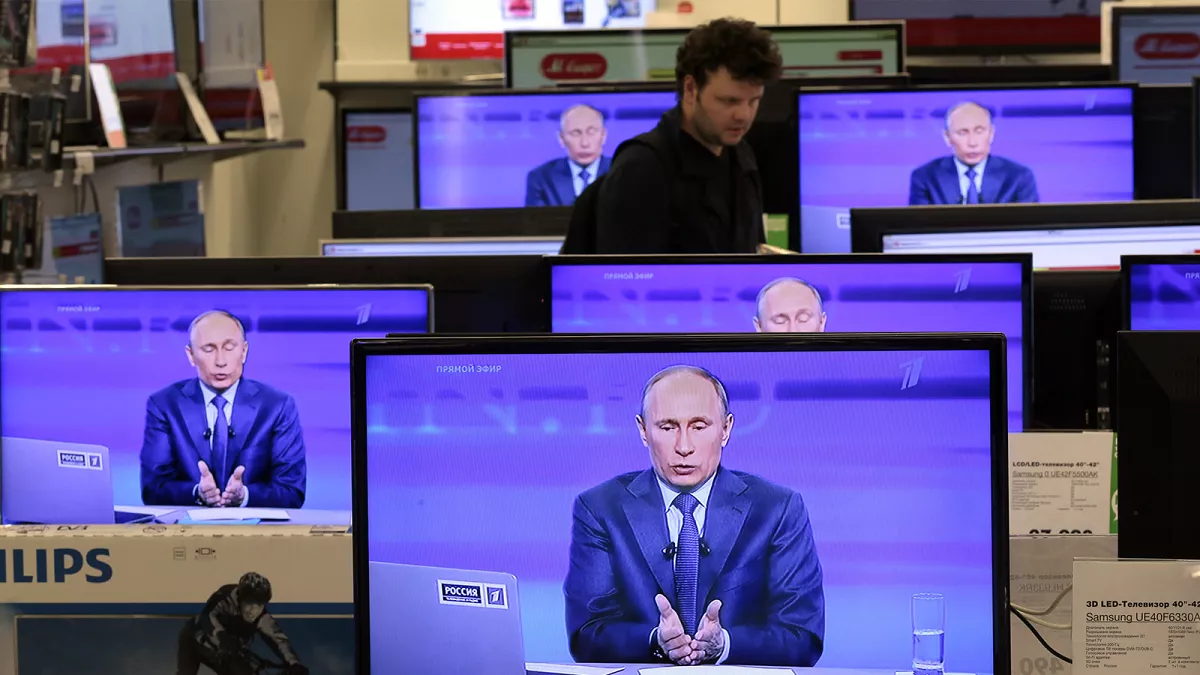Russia’s media landscape has undergone a significant transformation, morphing into a tightly controlled apparatus that serves the Kremlin’s political agenda. Independent media outlets, once a vibrant force, have been systematically suppressed, leaving state-owned media to dominate the airwaves and digital platforms.
The Rise of State-Controlled Media
State-owned media outlets, such as Russia Today (RT) and Channel One, have become powerful tools for shaping public opinion and disseminating pro-government narratives. These outlets often employ propaganda techniques, including selective reporting, disinformation, and outright falsehoods, to promote the Kremlin’s agenda. They frequently resort to sensationalism, emotional appeals, and conspiracy theories to manipulate public perception and undermine critical thinking.
The Decline of Independent Media
Independent media outlets in Russia face a myriad of challenges, including:
- Censorship: The government has imposed strict censorship laws that limit the ability of independent media to report on sensitive topics, such as political corruption, human rights abuses, and the war in Ukraine. Journalists are often forced to self-censor or risk facing severe consequences, including imprisonment.
- Financial Pressure: Independent media outlets often struggle to secure funding, as state-controlled banks and advertisers are reluctant to support them. This financial pressure limits their ability to investigate important stories and produce high-quality journalism.
- Harassment and Intimidation: Journalists working for independent media outlets have been subjected to harassment, intimidation, and physical attacks. Many have been forced to flee the country or abandon their careers.
The Impact on Public Opinion and Democracy
The dominance of state-controlled media and the suppression of independent voices have had a profound impact on public opinion and democratic discourse in Russia. The public is increasingly exposed to a narrow range of perspectives, and critical thinking is discouraged. This has contributed to the decline of civic engagement, the erosion of democratic norms, and the rise of authoritarianism.
The Future of Russian Media
The future of Russian media remains bleak. The Kremlin’s continued efforts to consolidate control over the media landscape and suppress dissent pose significant challenges to the development of a free and independent press. However, a resilient community of independent journalists and media outlets continues to operate, often under difficult circumstances.
International support and solidarity will be crucial in helping Russian media to survive and thrive. By exposing the Kremlin’s propaganda and disinformation campaigns, and by supporting independent media outlets, the international community can contribute to the restoration of a free and diverse media landscape in Russia.

Leave a Reply